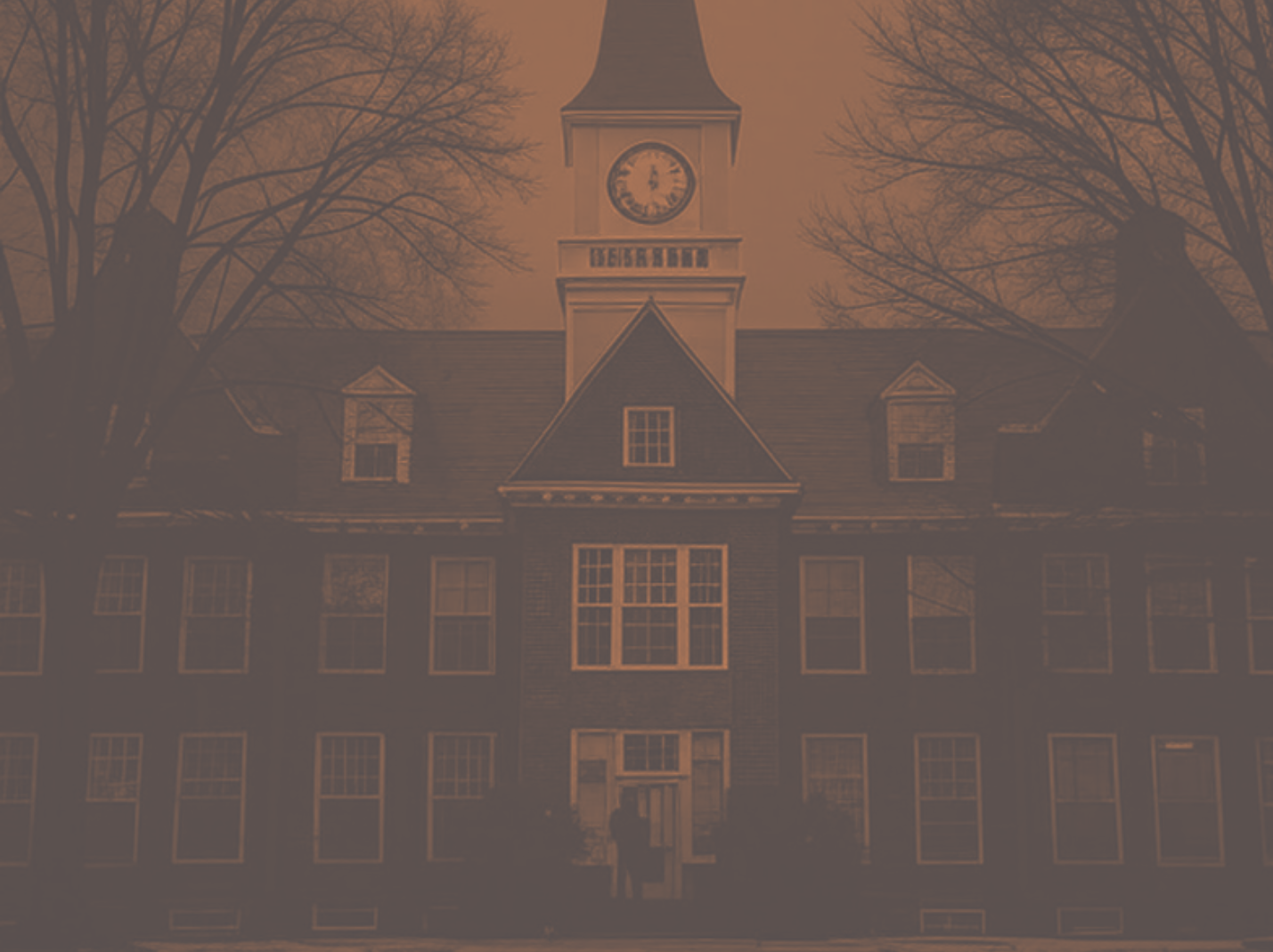
In a few days, hordes of witches, ghosts, walking skeletons, and other assorted monsters will descend upon my suburban cul-de-sac. None of them frightens me very much, with the possible exception of the overweight 45-year-old dude in the Spider-Man costume. No, as a long-time college professor, I’m most afraid these days of three things: bad robots, the abyss, and […]
Read More
Colleges and universities in the U.S. have faced mounting challenges in recent years. A declining birth rate has led to fewer applicants; rising tuition costs and the ideological takeover of institutions have made Americans increasingly skeptical of higher education; and the growth of online and nontraditional programs—with their ability to credential workers more efficiently—has further […]
Read More
It’s no secret that student literacy is declining. SAT reading scores of Ivy League admits are consistently lower than their SAT math scores, with students from Brown, Columbia, Penn, and Harvard scoring 40 points lower on reading comprehension than on math. Similarly, the National Center for Education Statistics has reported a consistent decline in both […]
Read More
On July 29, OpenAI, the company behind ChatGPT—a generative artificial intelligence (AI) chatbot—launched a new feature called “study mode” for the platform. Specifically geared towards students, study mode offers a guided learning experience that helps users work through problems step by step, rather than simply providing direct answers. The company acknowledged ChatGPT’s widespread use among […]
Read More
The presence of artificial intelligence (AI) on college campuses is a foregone conclusion—a recent report found that 93 percent of students use it regularly for coursework. By this point, it is no longer a question of whether AI tools will be used on college campuses, but instead, how they will be used. Back in July, […]
Read More
Editor’s Note: The following is an interview with Minding the Campus contributor Joe Nalven, published initially on Harald Johnson’s Substack, Create or Die, on August 20, 2025. With edits to match Minding the Campus’s style guidelines, it is crossposted here with permission. Joe Nalven is a creative, artist, instructor, and writer based in San Diego. He covers […]
Read More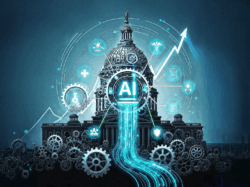
If the National Institute of Standards and Technology (NIST) can successfully prevent woke artificial intelligence (AI) in the federal government, as outlined in Trump’s Executive Order Preventing Woke AI in the Federal Government (EO 14319), then perhaps academic institutions, corporations, and publicly available AI systems could also be freed from the prevailing mindset of engineering […]
Read More
On June 6, the Department of Education (ED) announced plans to expand efforts to eliminate identity theft and fraud in federal student aid programs. It revealed that nearly $90 million had been disbursed to ineligible recipients over the past three years, including $30 million to thousands of deceased individuals. Additionally, fraud detection efforts have identified […]
Read More
Students using artificial intelligence (AI) chatbots to cheat is a real concern. Consider the new Cluely AI tool: With the help of Cluely AI, students can now Cheat on Everything—even live exams—without ever lifting a finger. A tiny Bluetooth earpiece stays hidden, while the student’s phone remains tucked away in a pocket or bag, quietly running […]
Read More
Editor’s Note: The following is a response to Jared Gould’s recent piece, “Welcome to the Unemployment Line, Graduate.” The author—a retired scientist and former recruiter for engineering and research roles in the U.S., Europe, and China—offers a critical perspective on the current higher education model and shares a more optimistic view of how young people […]
Read More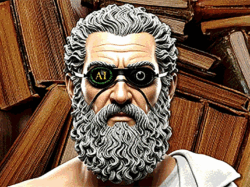
I imagine that many instructors experiment with artificial intelligence (AI). Perhaps to create or modify a syllabus. Perhaps to create writing assignments. Tests. Collaborative assignments that are part student, part AI. Other instructors are still in the resistance. All told, we find ourselves in a transitional period with this new stage of AI’s development and […]
Read More
Higher education is navigating a significant demographic evolution. The once predominant “traditional” student is now part of a broader, more complex picture known as the “New Majority learner.” This diverse cohort is not an outlier but rather a core component of our academic communities. For institutions committed to meaningful reform and fostering student success, understanding […]
Read More
It’s just too easy. “Here’s a picture of my homework, what are the answers?” “Write me a 500-word essay on Catcher in the Rye that sounds like me (I’m in 8th grade).” As humans, we build things that allow us to take the path of least resistance. From the wheel to the printing press, we […]
Read More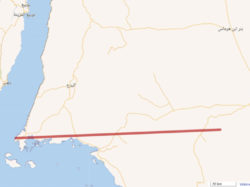
In the sprawling deserts of Saudi Arabia, a new city-state is slowly rising from the sands. This city, named NEOM, is part of Saudi Arabia’s ambitious 2030 Vision Plan to make the oil-rich kingdom one of the world’s most technologically advanced nations. The project is estimated to cost the Kingdom of Saudi Arabia (KSA) $500 billion and […]
Read More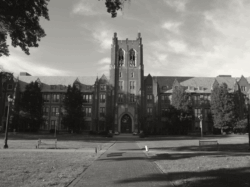
The most consequential—and I think harmful—economist of the 20th century, John Maynard Keynes, uttered the expression headlining this article. Keynes believed public policy should concentrate on immediate, short-run problems. With that in mind, I have been part of American higher education for over six decades, and this is easily the most significant year in terms […]
Read More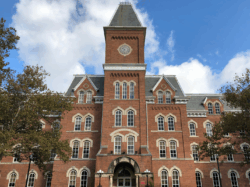
Ohio State University (OSU) has announced an all-encompassing artificial intelligence (AI) program for its undergraduate class of 2029. Launching this fall for first-year students, Ohio State’s AI Fluency initiative will embed AI education into the core of every undergraduate curriculum, equipping students with the ability to not only use AI tools, but to understand, question […]
Read More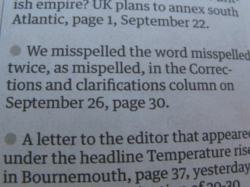
College students are getting creative—not with their ideas, but with how they hide the fact that they’re using artificial intelligence (AI) to do their work. In an era where AI tools like ChatGPT have become second nature in higher education, students are now taking steps to de-optimize their essays. They’re deliberately adding typos, oversimplifying language, […]
Read More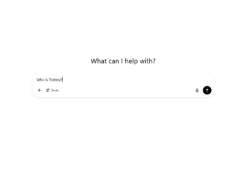
I thought that we had hit rock bottom with English pedagogy when the National Council of Teachers of English proclaimed in 2022 that “the time has come to decenter book reading and essay writing as the pinnacles of English language arts education.” Nope. There’s a new plague on the rise in English classrooms, and it […]
Read More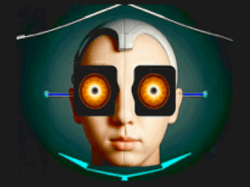
While listening to an online debate about the future of artificial intelligence (AI), I considered writing this essay and a parallel one that I had asked AI to write. The debate delved into the differences of human versus machine language “intelligence,” computational wizardry versus human emotion, and regulation of the AI industry, whether driven by profit and market […]
Read More
Author’s Note: This open letter to my students and the higher education community is intended for broad readership and circulation. The views expressed are solely my own and do not reflect those of Arizona State University or any other academic institution. Informed by my experience teaching at five universities, including the University of Maryland and […]
Read More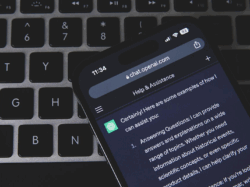
For those of you who have been following my publication trail with Minding the Campus, you are likely familiar with my frequent discussions on scientific ethics. I have commented on research misconduct, peer review fraud, and the reproducibility crisis, examining the effect of careless behavior and intentional fabrication in the scientific world and their profound […]
Read More
With the largely unregulated release of both domestic and foreign-based artificial intelligence (AI) technologies in the United States, corporations, businesses, and governmental institutions are seeking sustainable policy solutions to address disruptions to their normal organizational operations. American higher education institutions, as corporations tasked with maintaining institutional solvency and delivering rigorous educational programs, are also facing […]
Read More
Higher education’s problem is more than a loss of confidence. Anti-Semitism on many college campuses is a visible symptom of far deeper problems. Anti-Semitism has been tied to the networked problems of discriminatory “diversity, equity, and inclusion” (DEI), wokeness, and critical consciousness. But this is more than anti-Semitism as the canary in the coalmine phenomenon. […]
Read More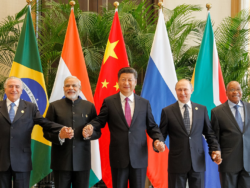
The world has entered a new era of Great Power competition, where civilizational and regional blocks are coalescing to create large spaces of economic, trade, and military influence. Leaders and experts worldwide have termed this the new era of multipolarity. The political, economic, and technological systems of the West have been hybridized and fused by […]
Read More
Moments of faith are not always somber and public. Often, they are funny and reveal God’s loving smirk. Once, when studying koine Greek for my doctorate in theology, I came across a bad computer translation of the New Testament that rendered the Greek word for the Gospel, “evangelion,” (εὐαγγέλιον) as “valid data stream.” During the […]
Read More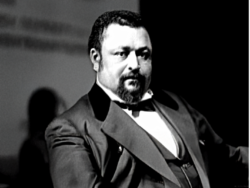
Artificial intelligence’s (AI) presence in higher education should be no surprise. Nor should it be surprising that its presence is expanding with both known and unknown consequences. Some people express concern about degrading students’ skillsets as a result of reliance on the organization and presentation of data trained in AI models. Faculty also express concern […]
Read More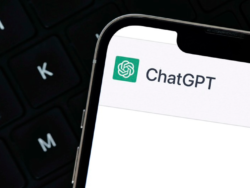
When ChatGPT was first released during my freshman year of college at Emory Univeristy, I thought my peers would avoid it for fear of being accused of plagiarism, especially given my school’s strict policy against it. I was wrong. Faced with the challenge of balancing stressful courses, demanding extracurriculars, and, for some, part-time jobs, “Just […]
Read More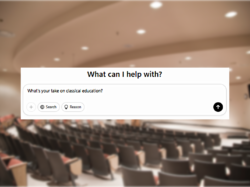
In graduate school, up-and-coming academics can dream about conducting interviews and focus groups in a foreign language in some hot and far-away locale. It does not always work out this way. You go where the information can be found. In confronting the elemental challenge of integrating classical education with artificial intelligence (AI), I decided to […]
Read More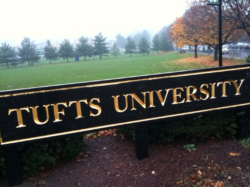
Tufts University in the Boston, Massachusetts metro area ranks 37th on the U.S. News and World Report and boasts an endowment exceeding $2 billion. Between 2019-2023, the American public funded Tufts research to the tune of $230 million per year, primarily through the U.S. Department of Health and Human Services (HHS), the U.S. Agency for […]
Read More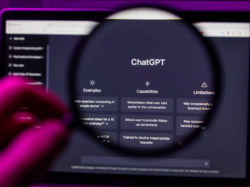
A friend of mine is a professor on the front lines of the artificial intelligence (AI) cheating revolution, both in his classroom and as part of the college committee that judges academic misconduct. He’s discovered that a collective approach to detecting AI cheating may be more effective than an individual one. But adopting a collective […]
Read More